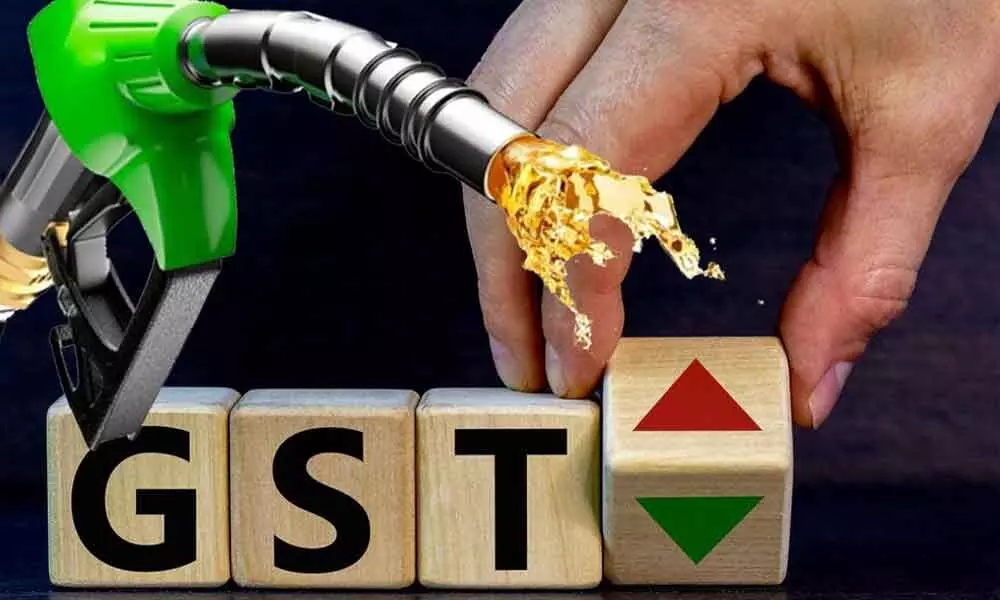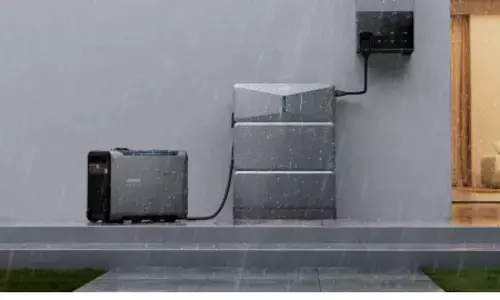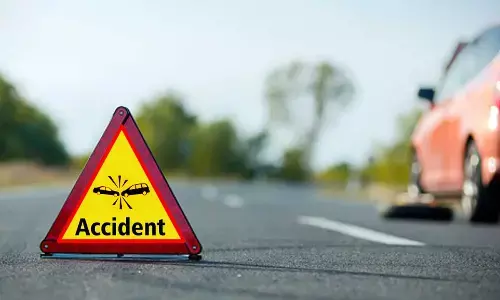Petrol, diesel may be brought under GST

Representational Image
GST Council meet on Sept 17 to consider this move
New Delhi: The GST Council might on Friday consider taxing petrol, diesel and other petroleum products under the single national GST regime, a move that may require huge compromises by both Central and State governments on the revenues they collect from taxing these products.
The Council, which comprises central and state finance ministers, in its meeting scheduled in Lucknow on Friday, is also likely to consider extending the time for duty relief on Covid-19 essentials, according to sources in the know of the development.
GST is being thought to be a solution for the problem of near-record high petrol and diesel rates in the country, as it would end the cascading effect of tax on tax (state VAT being levied not just on the cost of production but also on the excise duty charged by the Centre on such output).
In June, the Kerala High Court, based on a writ petition, had asked the GST Council to decide on bringing petrol and diesel within the goods and services tax (GST) ambit. The sources said bringing petrol and diesel within GST would be placed before the Council for discussion in the light of the court asking the Council to do so.
When a national GST subsumed central taxes such as excise duty and state levies like VAT on July 1, 2017, five petroleum goods – petrol, diesel, ATF, natural gas and crude oil – were kept out of its purview for the time being. This is because both Central and State government finances relied heavily on taxes on these products.
Uttar Pradesh and Bihar with their huge population and a resultant high consumption would get more revenues at the cost of states like Gujarat.
With central excise and state VAT making up for almost half of the retail selling price of petrol and diesel currently, levying GST on them would mean charging a peak rate of 28 per cent plus a fixed surcharge going by the principal of the new levy being equal to the old taxes.









